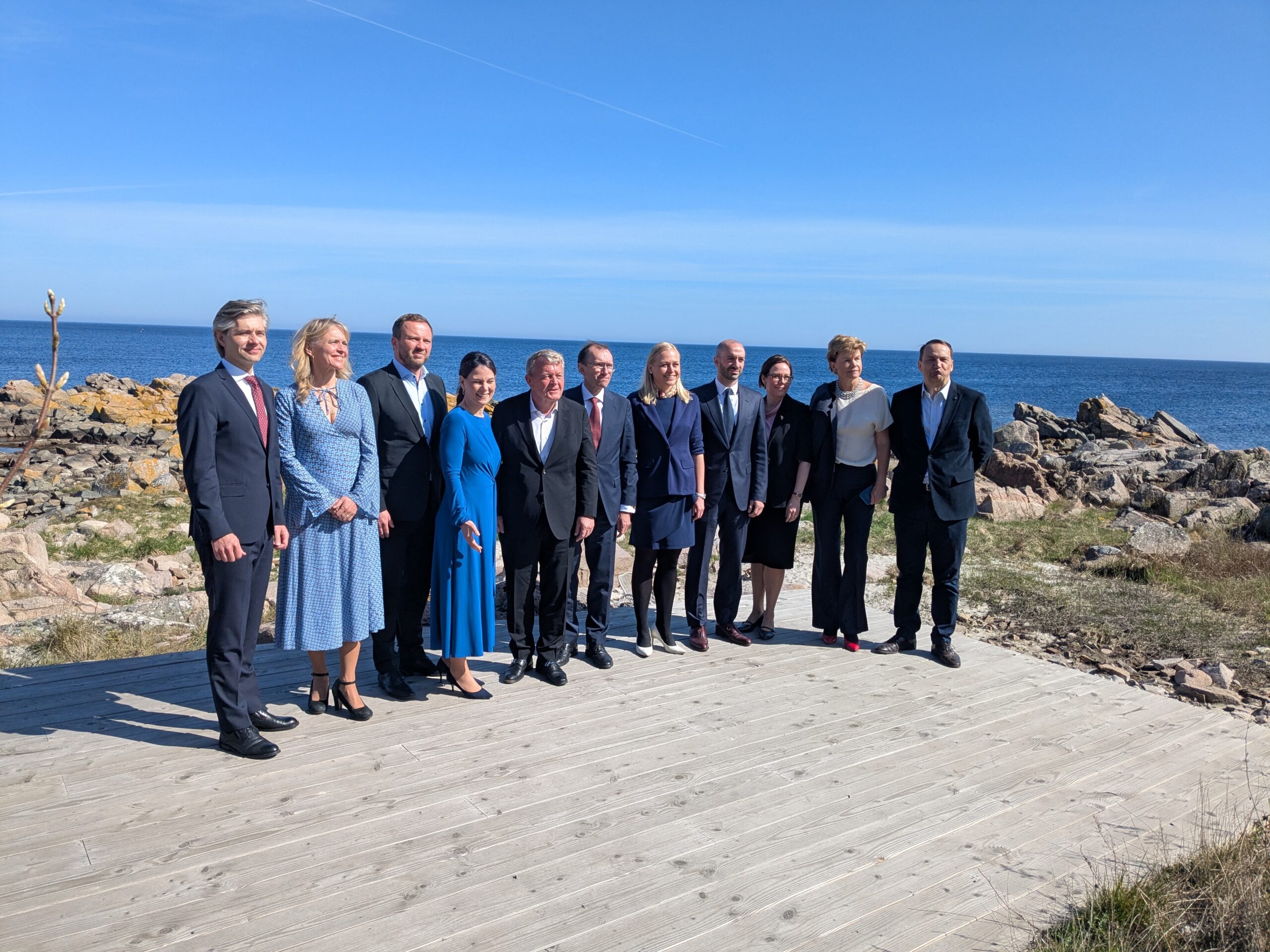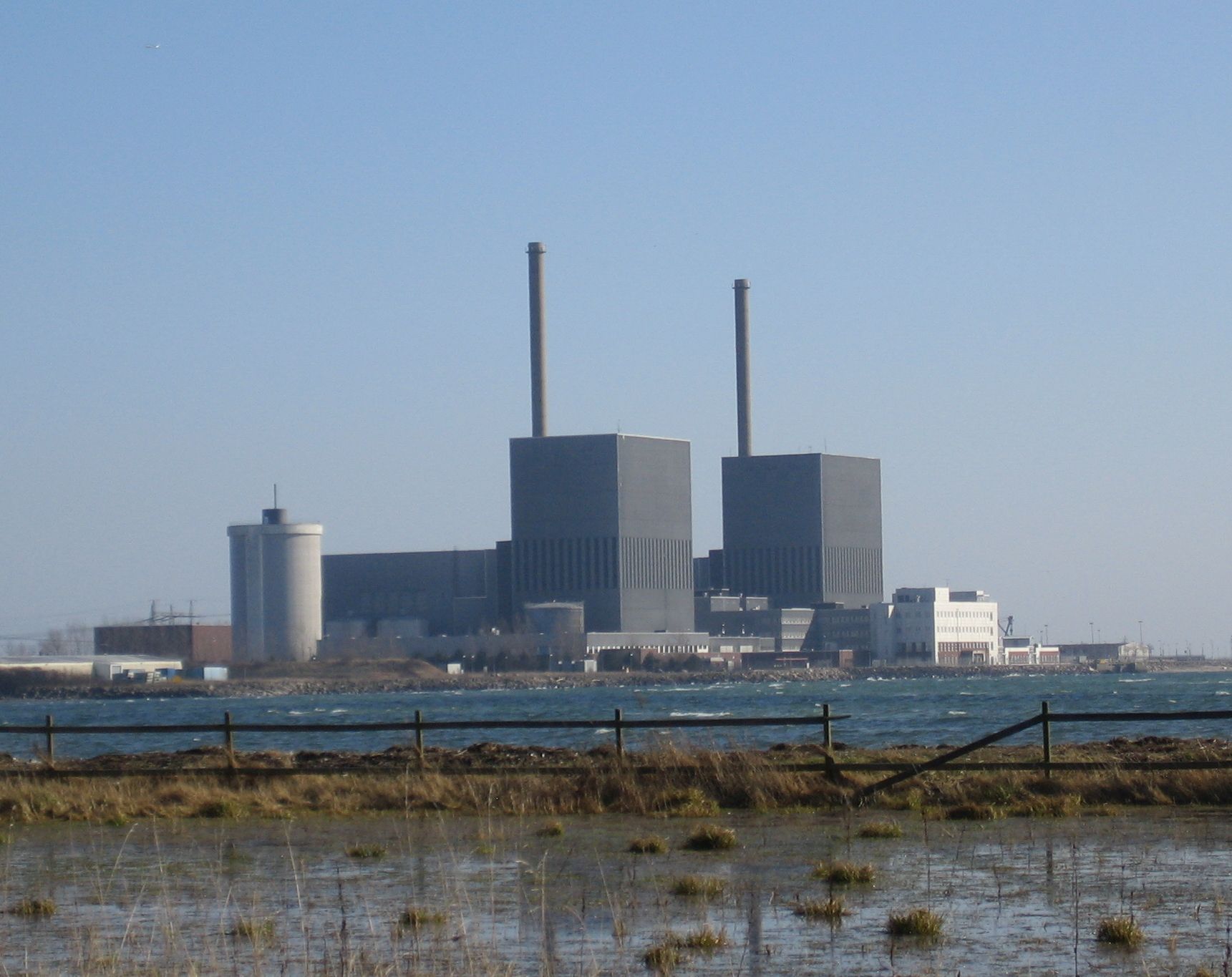A herd of wild bison grazing near Rønne, elephants trumpeting outside Odense, a pack of wolves howl and prowl as the moon rises over Aarhus. It sounds like some weird apocalyptic film set in Denmark. But it’s actually not that far-fetched.
Whether introduced by humans or via natural migration, all sorts of creatures are moving onto the Danish landscape and could very well have a spectacular effect, good and bad, on the nation’s ecosystem.
READ MORE: Visitors go wild for wild bison on Bornholm
The exotics and tourism
Jens-Christian Svenning, a professor and prominent biologist at Aarhus University, believes that we will see such animals in just a few decades roaming the Danish countryside, reports Berlingske.
“I think that we will get to see wild Asian elephants in the Danish nature in the future,” Svenning said. “It is not an unrealistic scenario.”
Svenning is one of Denmark’s major proponents of rewilding – a concept that hinges on restoring areas to their original wild nature, including bringing back large animals that once used to occupy this land.
Bornholm bison
As Denmark is already beginning to welcome the wolf back and is preparing to grow its moose population, Svenning explains that we could also imagine seeing bison freely walking around Bornholm.
Seven wild Polish bison were introduced to the island on a 200-acre enclosure in the Almindingen forest in 2012 as a pilot project. Since then, the population has almost doubled to 13 bison and has been a hit with tourists.
“They are a huge success. Last year, 200,000 people dropped by to look at the bison,” Søren Friese, a forester at Almindingen, told Berlingske newspaper.
READ MORE: Eleven wolves in Denmark, claim researchers
The incentive: Echoes of Yellowstone
While it’s still early days in Denmark, the return of large mammals, such as the wolves recently, could have a dramatic rejuvenation effect on ecosystems, as happened in Yellowstone National Park following the reintroduction of wolves there in 1995.
Studies, such as from Yellowstone, show that wolves create a landscape of fear for deer, which begin to spend more time being alert than grazing. They start to avoid certain open places they associate with danger and that creates opportunities for a regeneration of species that the deer would otherwise over-graze.
Predators can be good
“It could happen. There are no studies on wolves in western Europe yet because the wolves are still too novel in the system and too few in numbers,” Svenning told the Copenhagen Post “There is evidence of this top-down effect by wolves on deer in Poland, and I know studies from the midwest US where wolves are recolonising.”
In Yellowstone, the change in behaviour of the deer led to trees growing, birds moving in and ultimately replenishing the river habitat of the national park because the fewer deer grazing by the banks led to less erosion. In short, the reintrodution of the apex predator had an unbelievable effect on the ecosystem.
READ MORE: Testicle-chomping fish found in Øresund
The method: Hunting and depopulation
Climate change has certainly been responsible for a number of new species in Denmark, but the two main reasons for the larger animals returning is due to people abandoning the country areas and more stringently-controlled hunting.
Svenning pointed to the return of the grey seal to Danish waters in recent years – a 300 kilo ocean predator that has begun breeding in Danish waters again because of hunting regulations.
Changing times and habits
“Most of it is not to do with public policy but a more spontaneous process involving young people moving away from the poor rural areas to find work. The large species, which are more climatically tolerant, were not missing from Denmark due to the climate. They were missing due to hunting.”
And the government is doing its part too. It recently decided to set aside 165 million kroner to purchase land from Danish farmers and turn it into nature areas.
READ MORE: Government to transform agriculture into natural habitat
The risk: A menace or even a danger
With the wolves, moose, wild boar, bears, giant wasps, Great White sharks and even testicle-chomping Pacu fish reportedly making their way to Denmark’s land and waters, the public may be feeling uneasy about a dip in the ocean or a leisurely walk in the woods. But that really shouldn’t be the case.
“The danger associated with these animals, at least as the situation is now, is really minute,” Svenning said. “It is far more dangerous to drive in your car than it is encountering wolves or even bears while taking a stroll in the forest. Statistically, the danger is tiny, so it’s mainly psychological.”
Threat to farming
The development, however, could present a danger to the food and agriculture sector in Denmark. Farmers fear that the presence of German wild boars could infect pig farmers’ animals with swine fever, and the resurfacing of wolves is considered to be a predatory threat to livestock.
The same goes for the fishing industry, which has lamented the re-emergence of seal as well as the appearance of new species of fish in Danish waters, such as the gilt-head bream, which could become a threat to native fish species in the future.
It’s still a good idea to be aware when in the Danish nature. Not because of marauding wolves or bears, but because of some of the mushrooms and berries found, which account for a considerable portion of poisoning cases in Denmark – especially during mushroom picking season.
Below is a short video that reveals the impact that wolves have had on Yellowstone National Park since their re-introduction in 1995.












